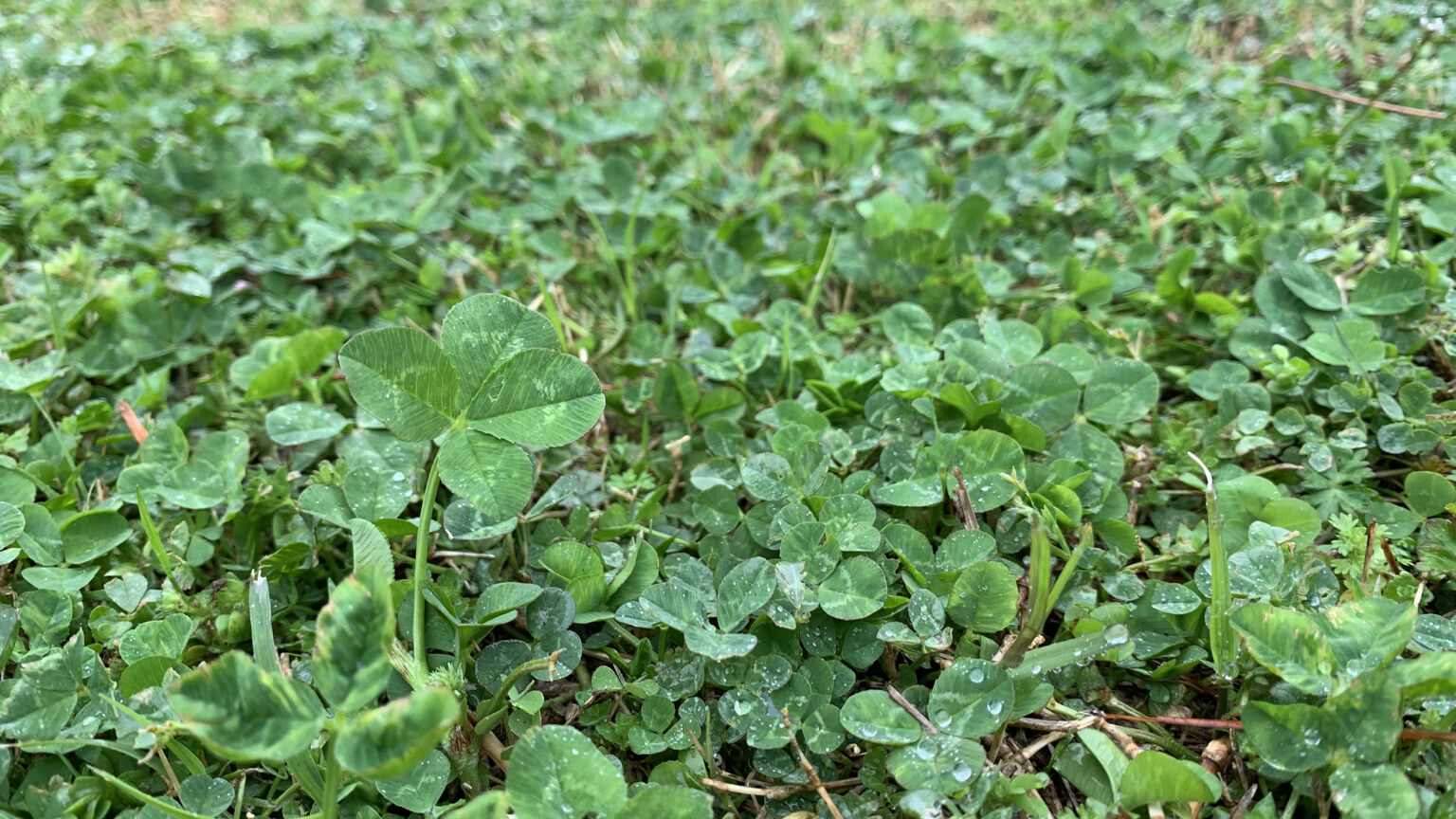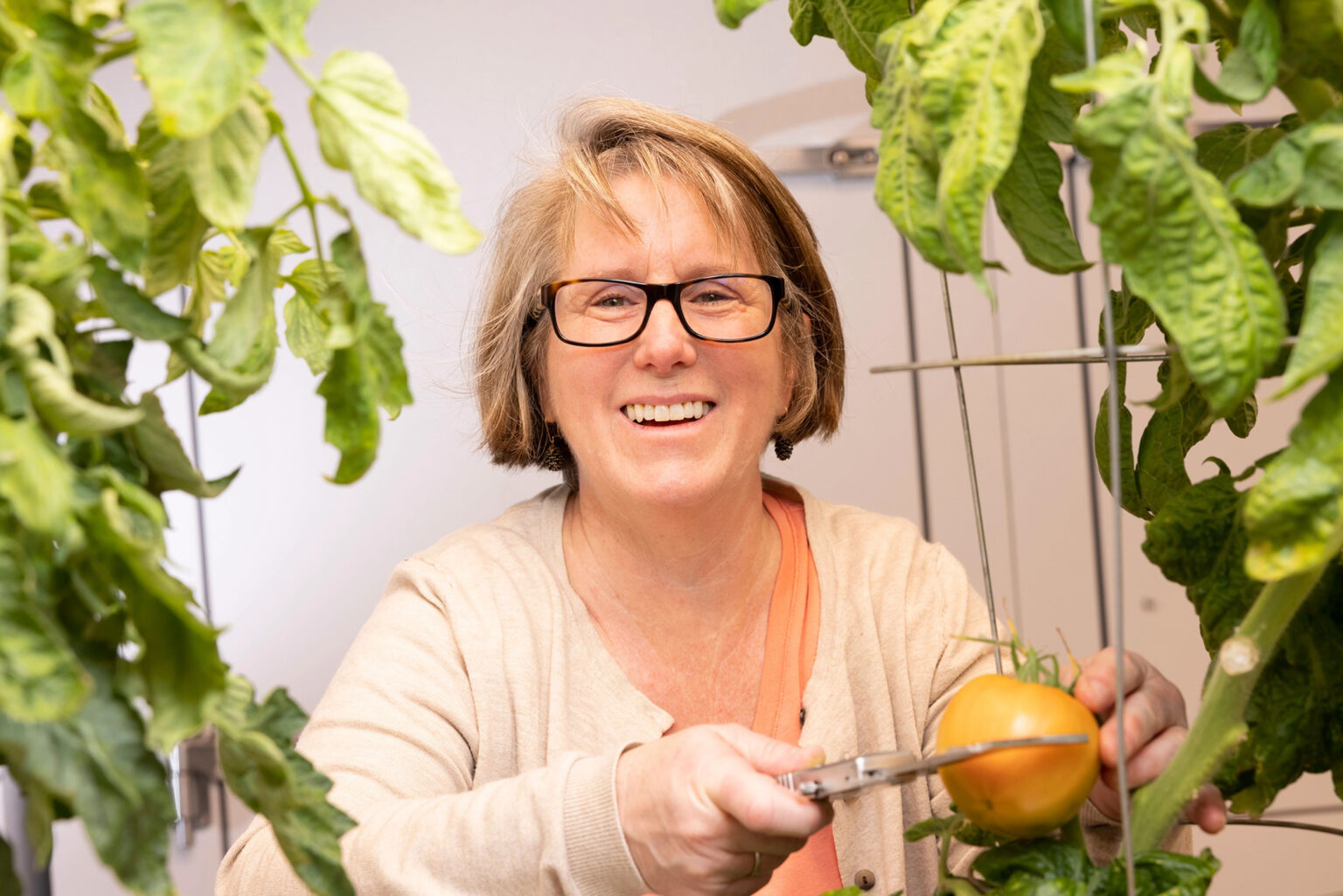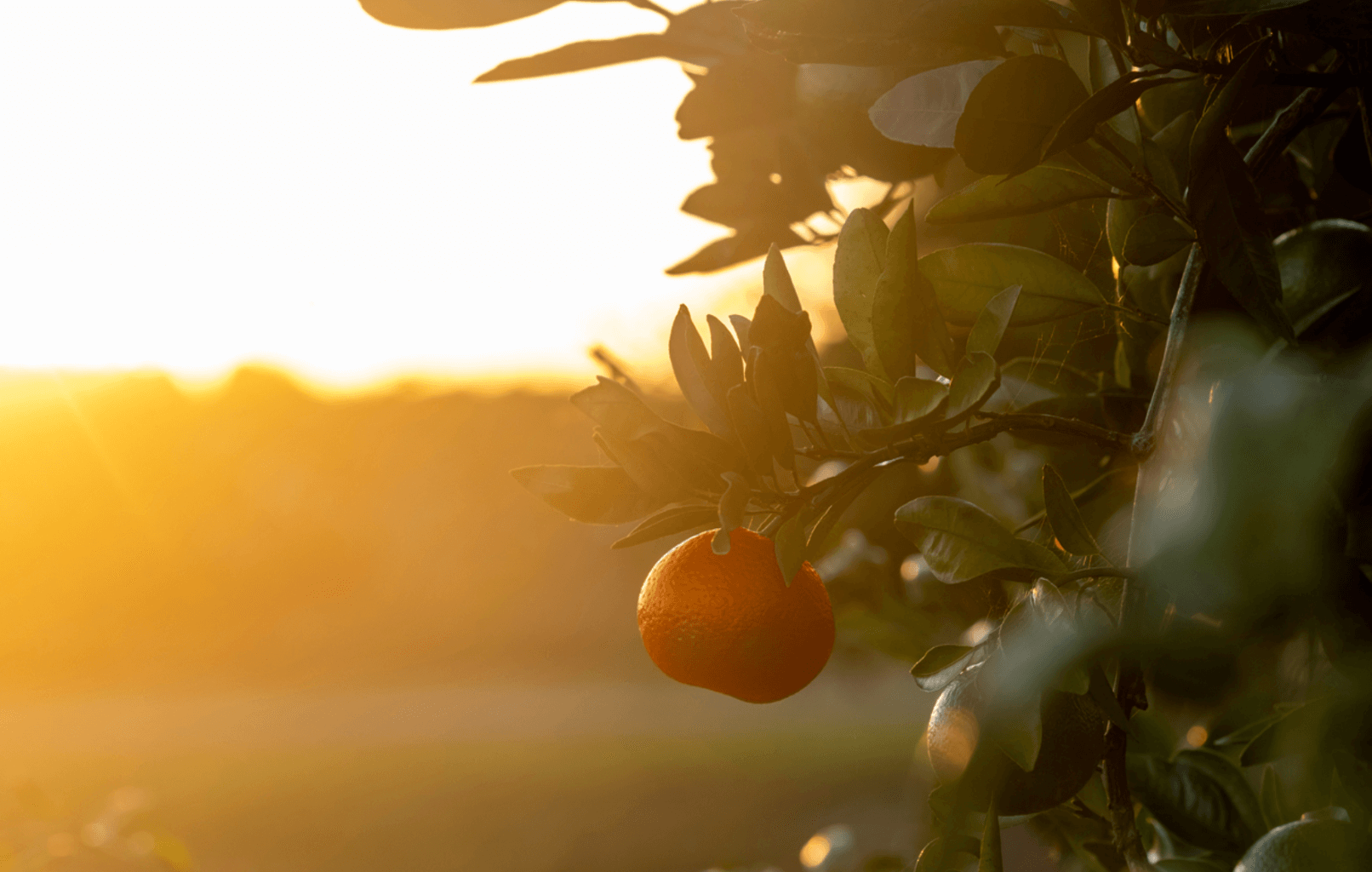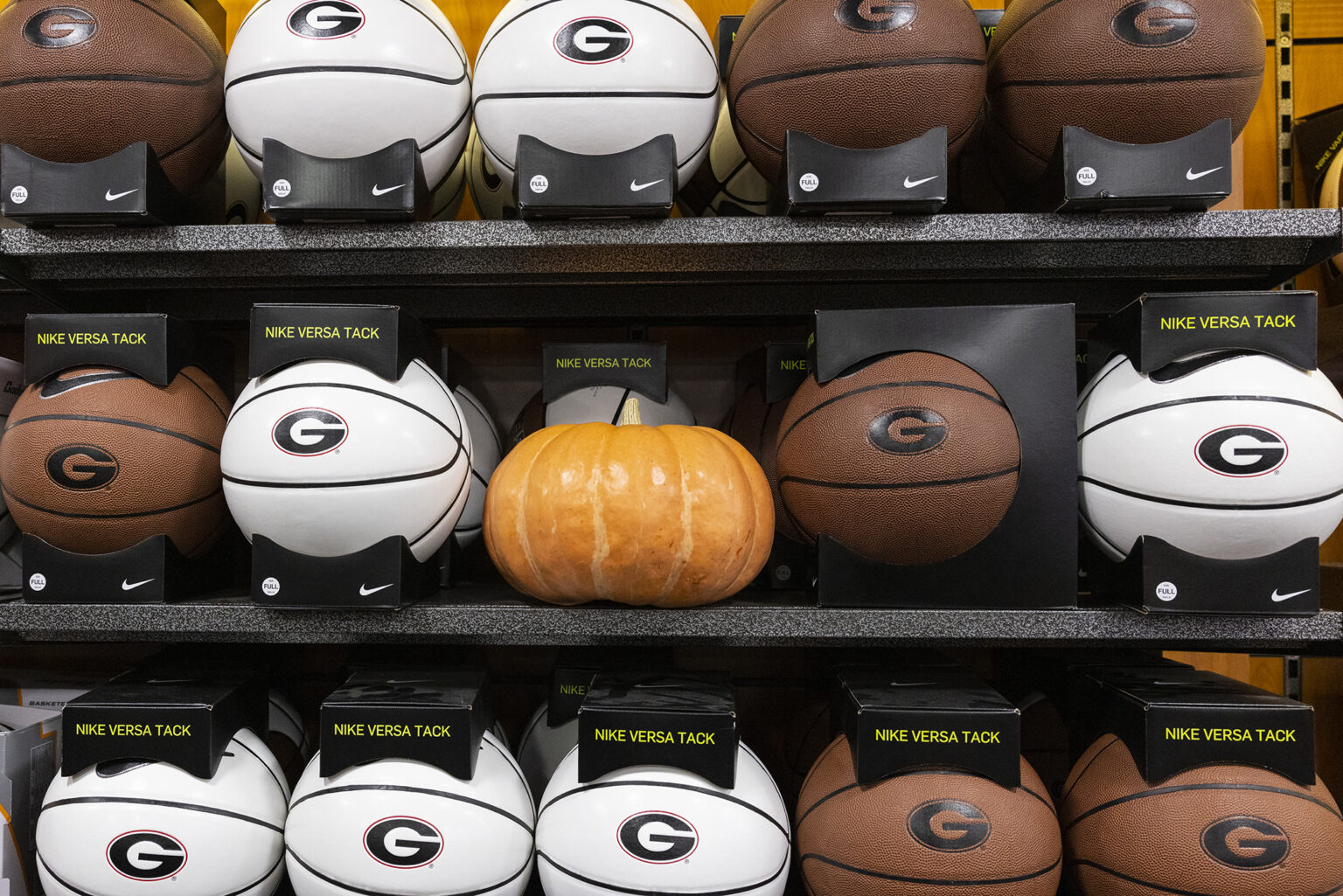 CAES News
CAES News
Orange Bulldog
The quest for the perfect pumpkin each fall doesn’t start at the local patch. In fact, it starts up to 10 years prior for researchers like University of Georgia plant geneticist Cecilia McGregor. McGregor leads breeding efforts in the selective pumpkin variety called the 'Orange Bulldog', following the retirement of the program’s founder, horticulturist George Boyhan.

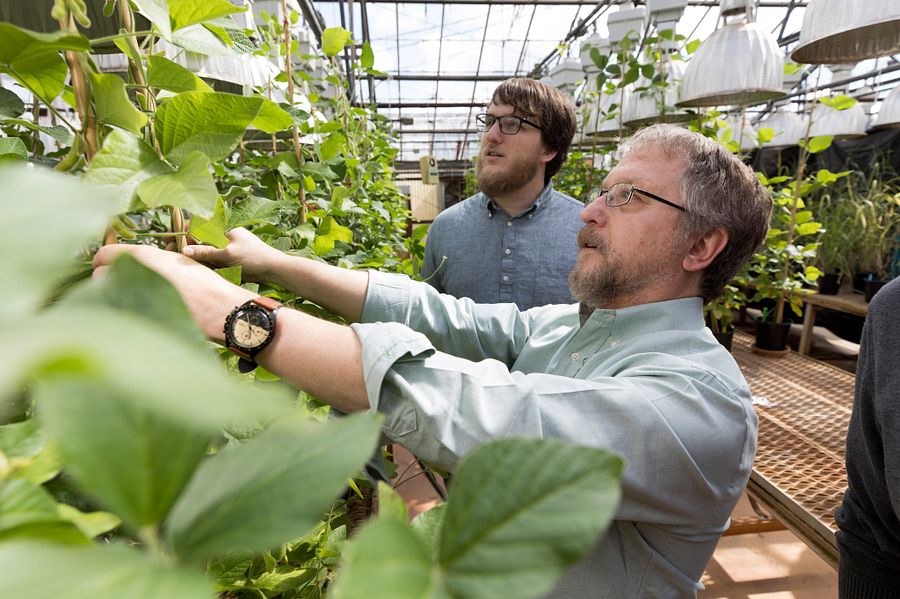
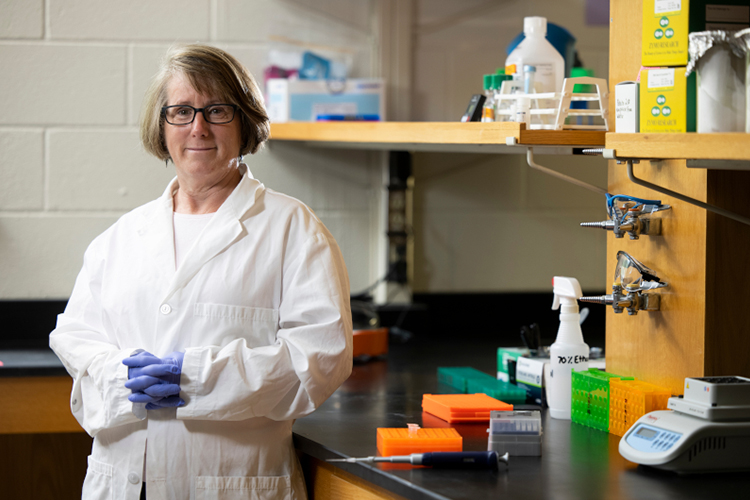
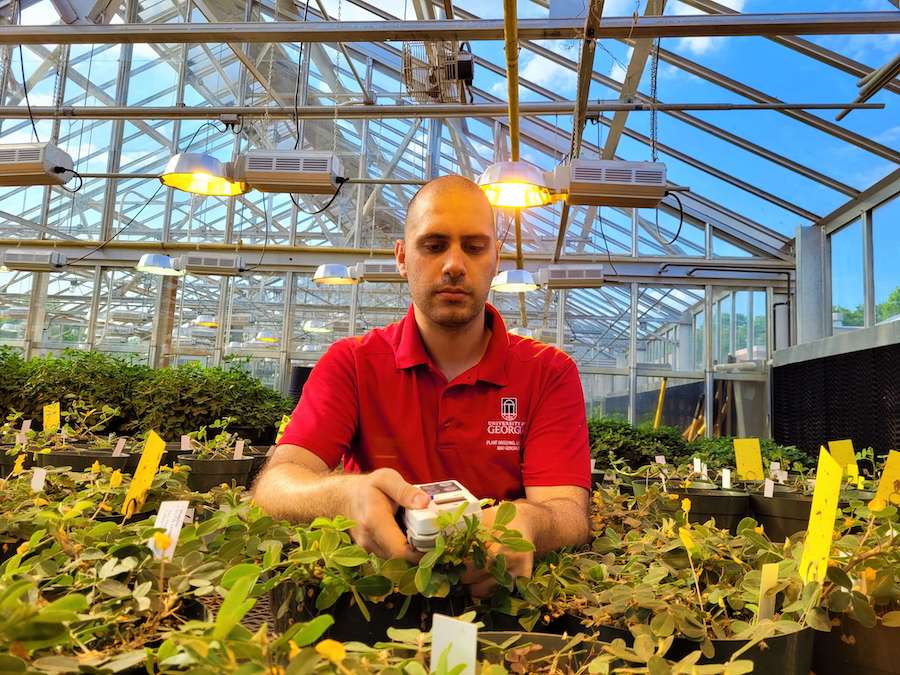
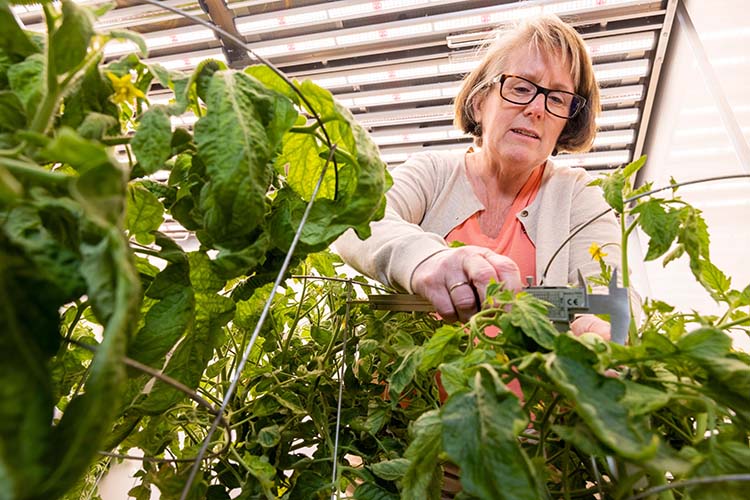
.jpg)
